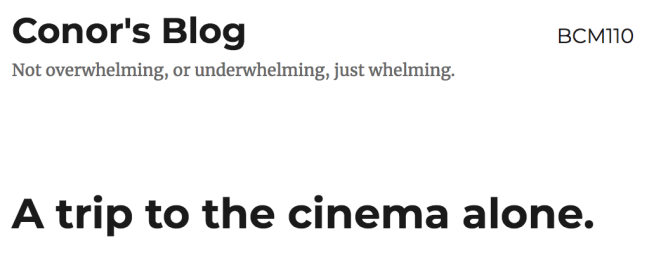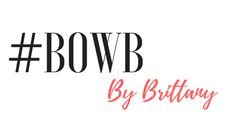The role of reflection in education can provide one with a new lens and perspective about a particular topic. Reflective learning involves individual’s processing “…what they have read, done, or learned” and evaluating this based on their own perspective, whilst also making meaning out of other’s opinions (Gray 2018). Over the past few days, I have selected two blog posts from student’s within the BCM241 cohort to read. Upon deciding which blog posts to read, I glanced over the topics this subject has covered thus far and decided I was captivated by the notion of the dramatic shifts of cinema spaces.
For this topic, which is also presented on my own blog, I had interviewed my Mum about a movie-going experience to which she vividly recalled. She further deliberated on her present views regarding the attitudes towards going to the cinemas and offered potential recommendations to increase cinema attendance in the future. This conversation was very informative, as I learned her perspective was not that different to my own. However, I wanted to reflect, engage and learn from other’s experiences with the cinema space and see whether or not there were stark similarities and differences between our approaches.
First Blog: https://aprilverjoustinsky.wordpress.com/2018/08/20/1315/
Similar to my conversation with my Mum, April also interviewed her Mum about her cinema experience. She illustrated a unique aspect of the cinemas, detailing her Mum’s most memorable moment whilst being on a family vacation. April intertwined Hagerstrand’s three daily activity constraints, to which I also agreed these limitations have potentially led to the decrease in cinema attendance. Within her post, I was drawn to her recommendations cinemas can adopt to glamorise this social experience including; the introduction of larger IMAX screens and the creation of a theatre-and-restaurant all inclusive package. April’s post highlighted alternative approaches to enhance the cinema space, to which I was able to build against my own suggestions.

Second Blog: https://conor126.wordpress.com/2018/08/24/a-trip-to-the-cinema-alone/
Conor’s ‘movie-going experience’ was portrayed through his own experience of attending the cinemas alone, to which he also applied Hagerstrand’s three constraints. His approach to this topic posed a potential shift in the movie experience, eliminating the habitual social experience. This unveiled a very different shift to what I had portrayed when approaching this topic, whereby I instead emphasised the social gathering that occurs, evident in the conversation I had with my Mum revolving around her Tuesday night ‘Movie Club’. The following blog post provided new insights about the individualisation that can occur within this space, posing the benefits of complete immersion through singularity, to which is divergent to my perspective regarding social interactions within the movie experience.

Similarly to viewing other blog posts, reflective learning can also be used in regard to media audience research. The ability to analyse and interpret other individual’s work provides one with a sense of empowerment and ownership over their learning (Jelinek-Boase, Parker & Herrington 2013). Media audience research and collaborative ethnography’s revolve around one goal, “…the writing of ethnography with local community consultants as active collaborators in that process” (Lassiter 2005). This study enables one to reflect on their own personal motives and that of others within a specific media space, generating rich and “thick” findings.
Brittany

Reference List
Gray, L 2018, ‘Reflective learning: definition, style and theory’, Study.com, 5 February, viewed 4 September, <https://study.com/academy/lesson/reflective-learning-definition-style-theory.html>.
Health Consumers Council 2017, Can you see past the ‘cultural lens’?, featured image, Health Consumers Council viewed 4 September 2018, <https://www.hconc.org.au/can-you-see-past-the-cultural-lens/>.
Jelinek-Boase, D, Parker, J & Herrington, J 2013, ‘Student reflection and learning through peer reviews’, Issues in Educational Research, vol. 23, no. 2, viewed 4 September 2018, <http://www.iier.org.au/iier23/boase-jelinek.pdf>.
Lassiter, L 2005, ‘Defining a collaborative ethnography’, The Chicago Guide to Collaborative Ethnography, viewed 4 September 2018, <https://www.press.uchicago.edu/Misc/Chicago/468909.html>.


